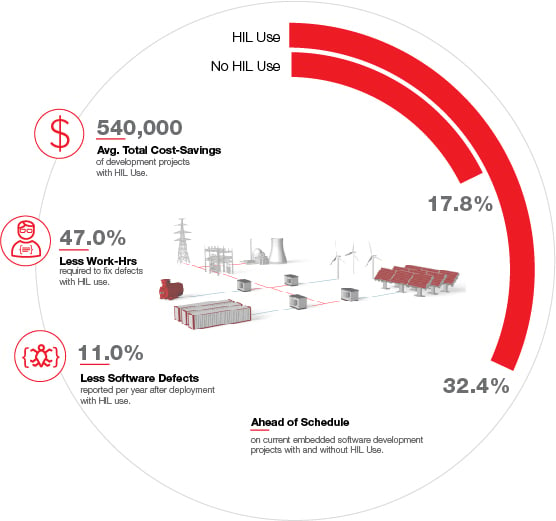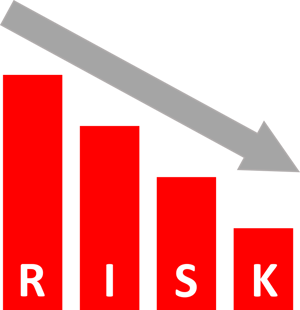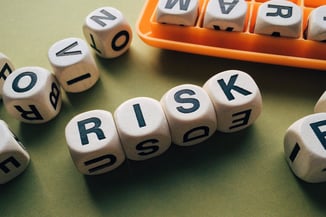As the industrial revolution 4.0 is dawning on us, the digitalization of the utility grid and more broadly digitalization of our complete energy system is inevitable. While digitalization brings massive opportunities for value creation, it also brings significant challenges.
Considering the cyber-physical nature of the future grid, where massive amounts of sensors, communications, embedded computing, embedded controllers, and cloud software will dominate the operation and performance, industry leaders are embracing new design, test, deployment and life cycle maintenance processes based on model based engineering and more specifically model based testing.



 Resilience is a new way of dealing with the unknown. Modern society has come to believe that we can rise above risk by using historical data and design analyses to quantify probabilities and
Resilience is a new way of dealing with the unknown. Modern society has come to believe that we can rise above risk by using historical data and design analyses to quantify probabilities and 